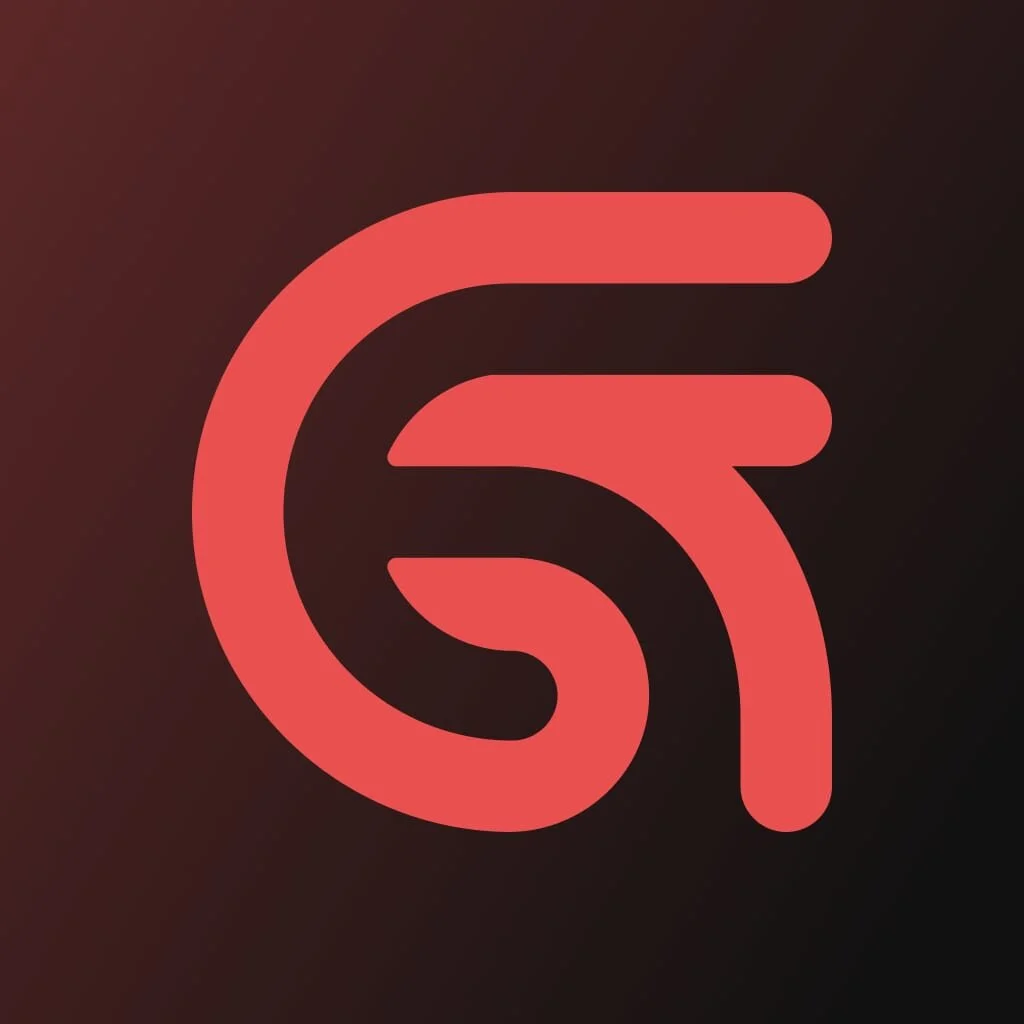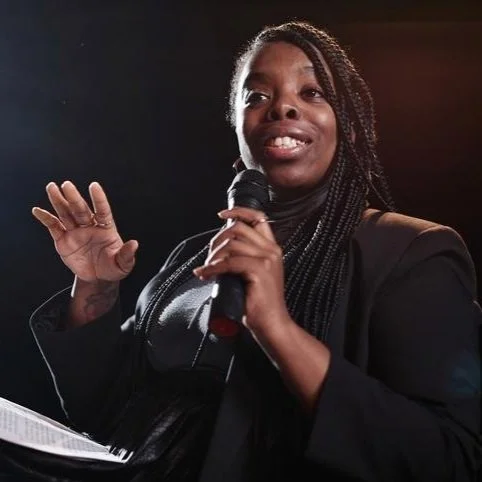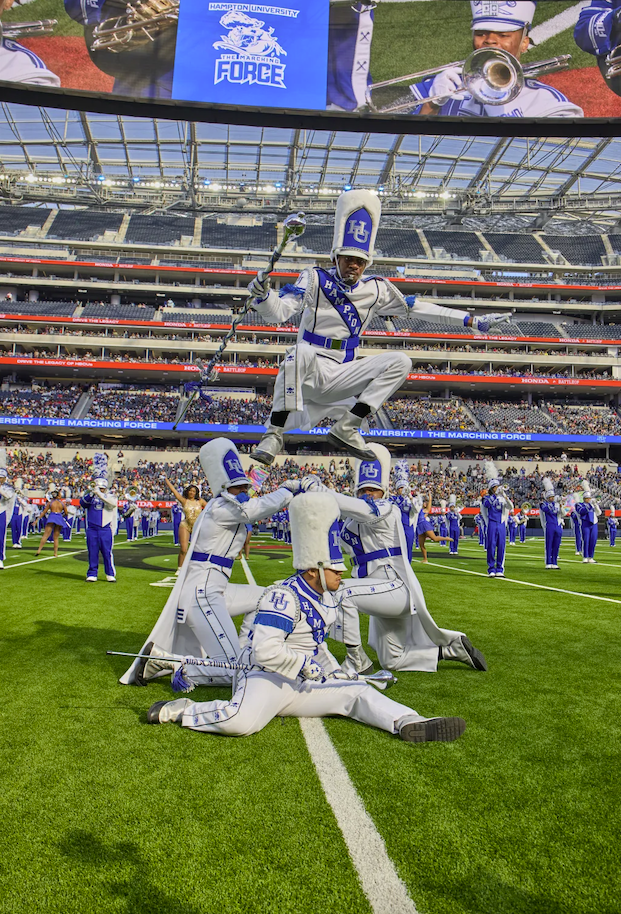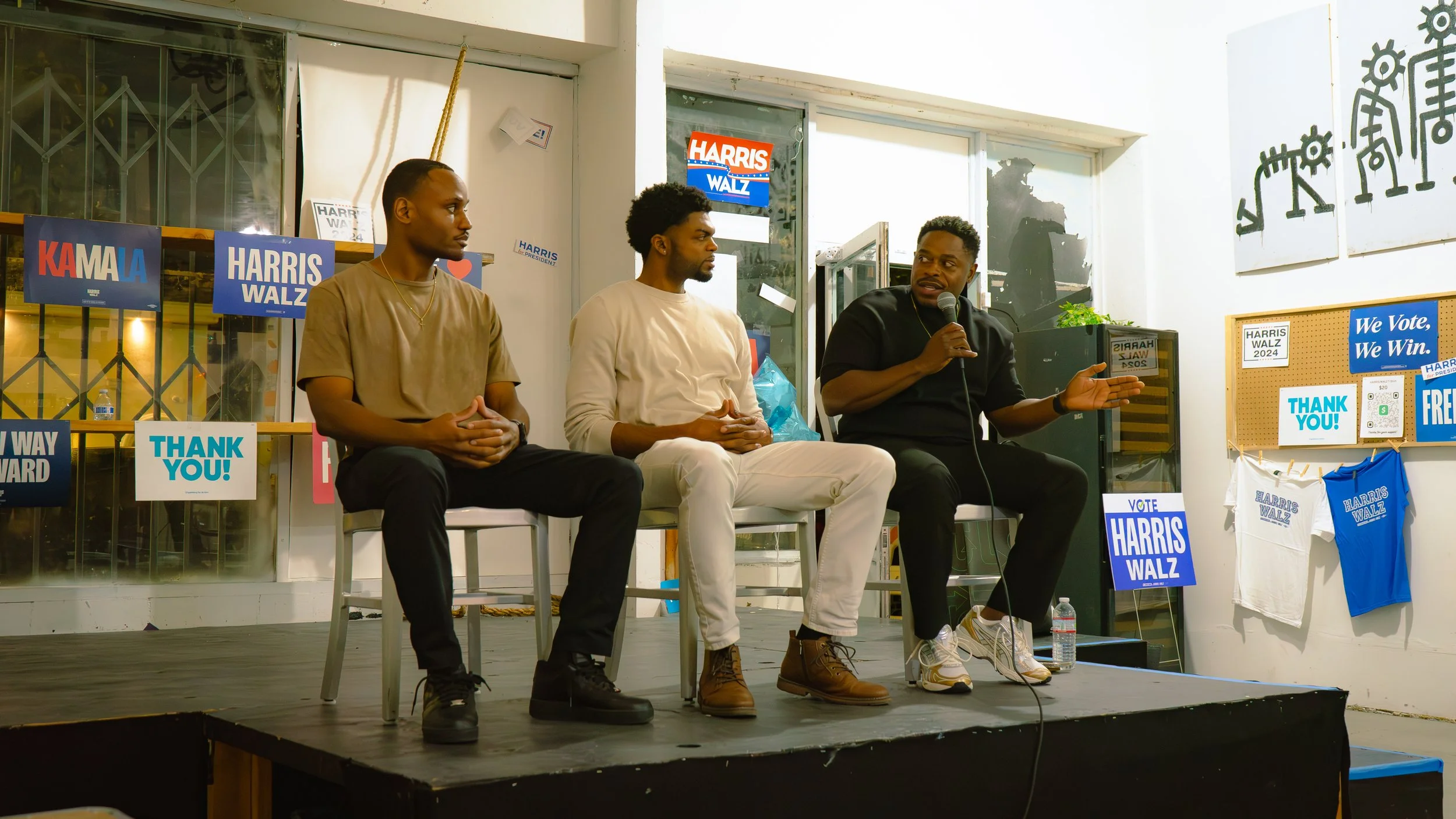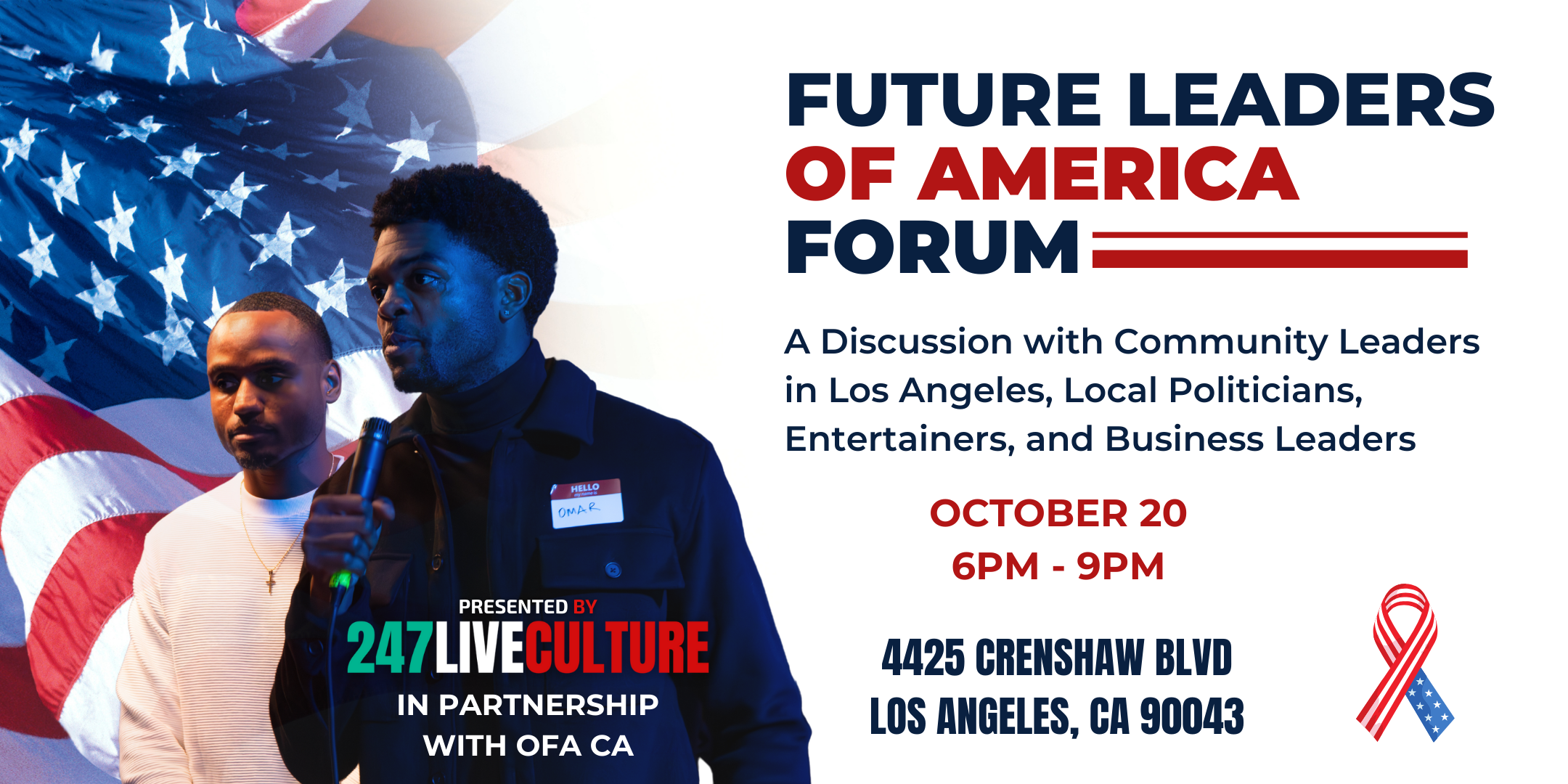Groovetime Dance App Aims To Help Bridge The Gap For Creators Of Color
By: Alexis Oatman
Founder and creator Kwasi Ohene-Adu said he’d had a love of dance since he could remember.
Groovetime is an app designed to help people learn how to dance and help bridge the gap for dance creators, specifically creators of color who get paid for their content. Ohene-Adu said it acts almost like a coach in your pocket.
Hello, World!
Feel the music with every step and unleash your dance power all over the world 🕺 💃 #SeeYouAtDaTop #OwnyourMoves pic.twitter.com/IQAvxWgvAf
— Groovetime - Smart Dance Coach (@itsgroovetime) August 20, 2021
The experience will be specific to each dancer, like a marketplace, where they can charge subscribers for dance lessons, per move, if they want.
“It’s not just videos of people dancing and you following along, but we actually built technology that is able to use the camera on your device and give you pointers on how to improve,” Ohene-Adu said. “That’s totally unheard of in the dance space.”
Hard work comes in many forms, including dance creation. Celebrating the achievements and contributions of employees everywhere and our amazing custom choreographers 🕺 🕺 🔨 👩🎨 👨✈️ 👩🚒 🕵️♀️ #happylaborday #laborday #thankyou #appreciationpost #mondaythoughts pic.twitter.com/jmeup6p3cu
— Groovetime - Smart Dance Coach (@itsgroovetime) September 6, 2021
Groovetime also serves as a way to help address the social commentary around the Black TikTok dance creator strike that happened in July. Creators felt that they were not getting their just due when it comes to credit, according to NPR. Dissatisfaction among Black creators had been brewing for quite some time. Many felt that white creators were getting preferential treatment.
In March, TikTok star Addison Rae was invited to perform for Tonight Show with Jimmy Fallon. Rae performed a series of eight viral TikTok dances, none of which she created, while the original creators of those dances (most of whom were Black) were not even featured for a segment.
Ohene-Adu said there had been a long-standing issue with appropriating with dance even before Tik Tok.
Born in the UK and raised in Ghana, Ohene-Adu has been a part of several dance groups over his life, even having a short stint touring dance halls in Europe. He moved to the US in 2001 to attend Dartmouth College, where he studied computer science.
It was there he started forming the idea for Groovetime, even presenting the concept for his honor’s thesis.
“It was a very crazy idea at the time, still kinda is, but not as crazy as 18 years ago,” Ohene-Adu said.
He said it’s a significant disconnect between those who create content and them actually being able to benefit from it. He hopes Groovetime becomes a destination where music comes to dance and a place where dancers can earn royalties for dances they create and help them become tastemakers for culture.
Along with giving dancers the ability to sustain a stable living, Ohene-Adu said Groovetime would allow creators to have the opportunity to have equity in the company.
“As an artist, you can record an album and just reproduce it, and you can sleep and make money. Can’t really do that as a dancer. Dancers need retirement, and they need safety. They need to have a way to plan for their future,” Ohene-Adu said.


